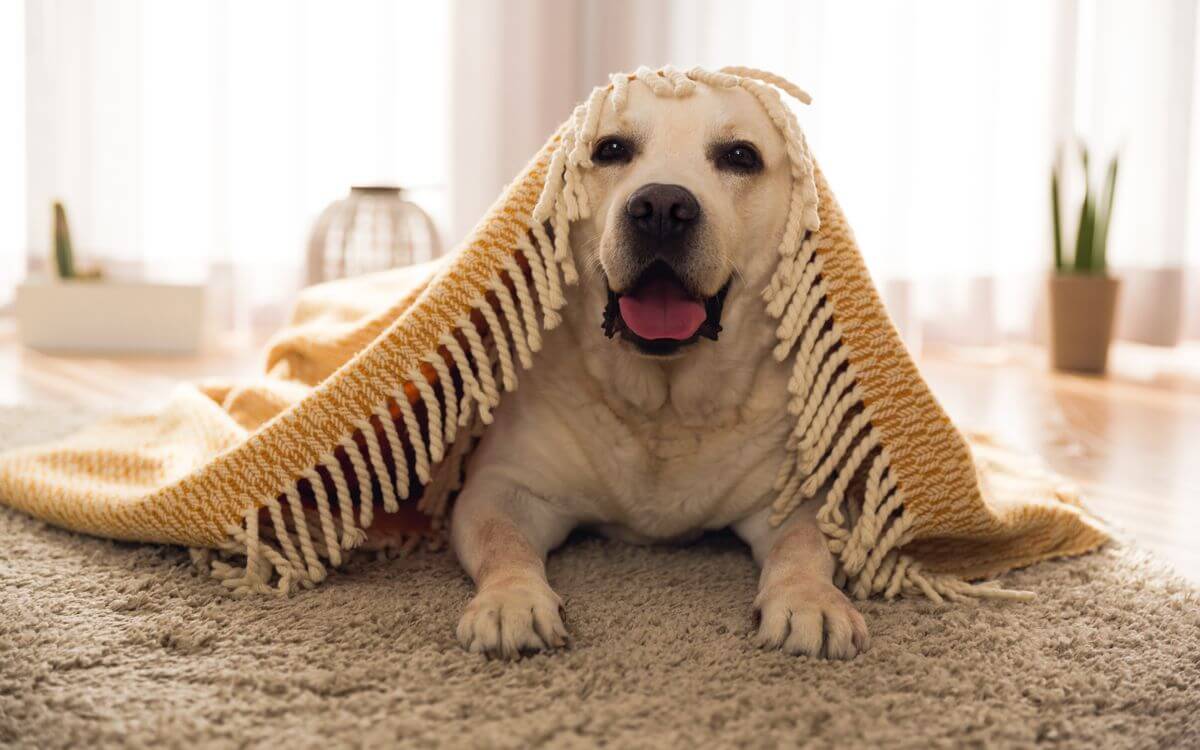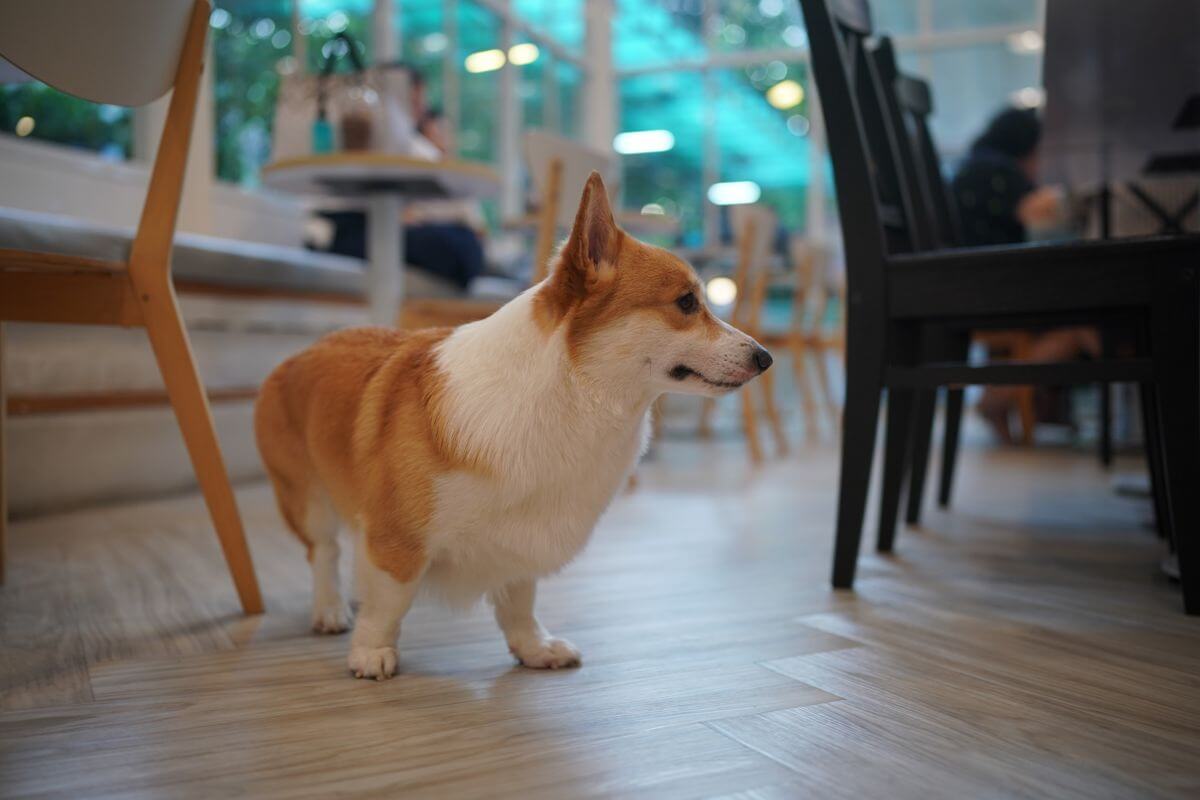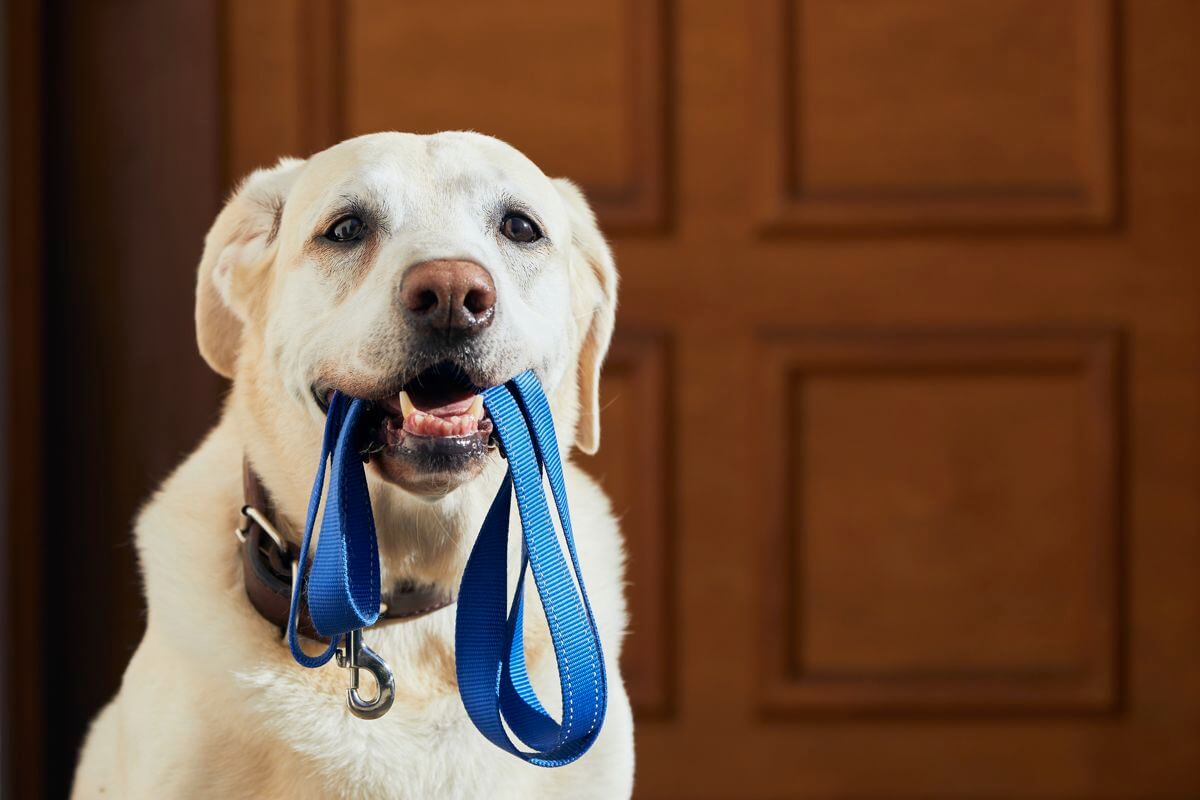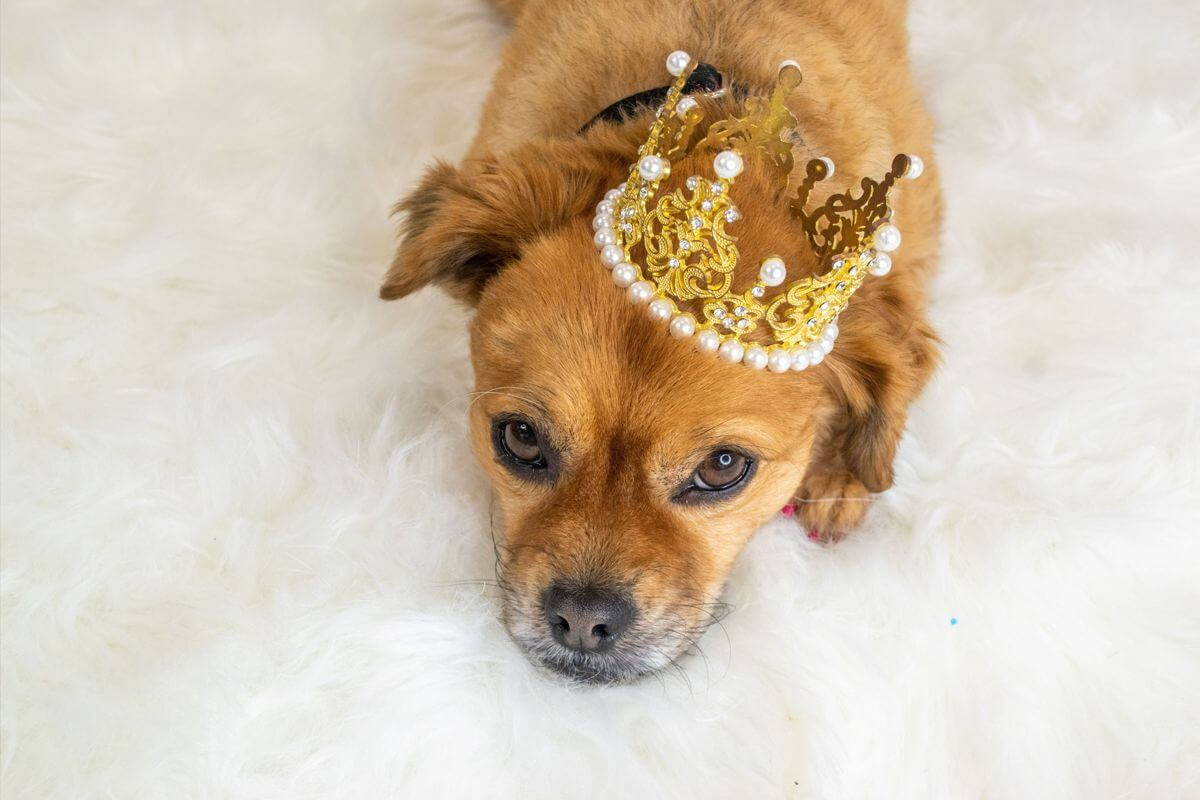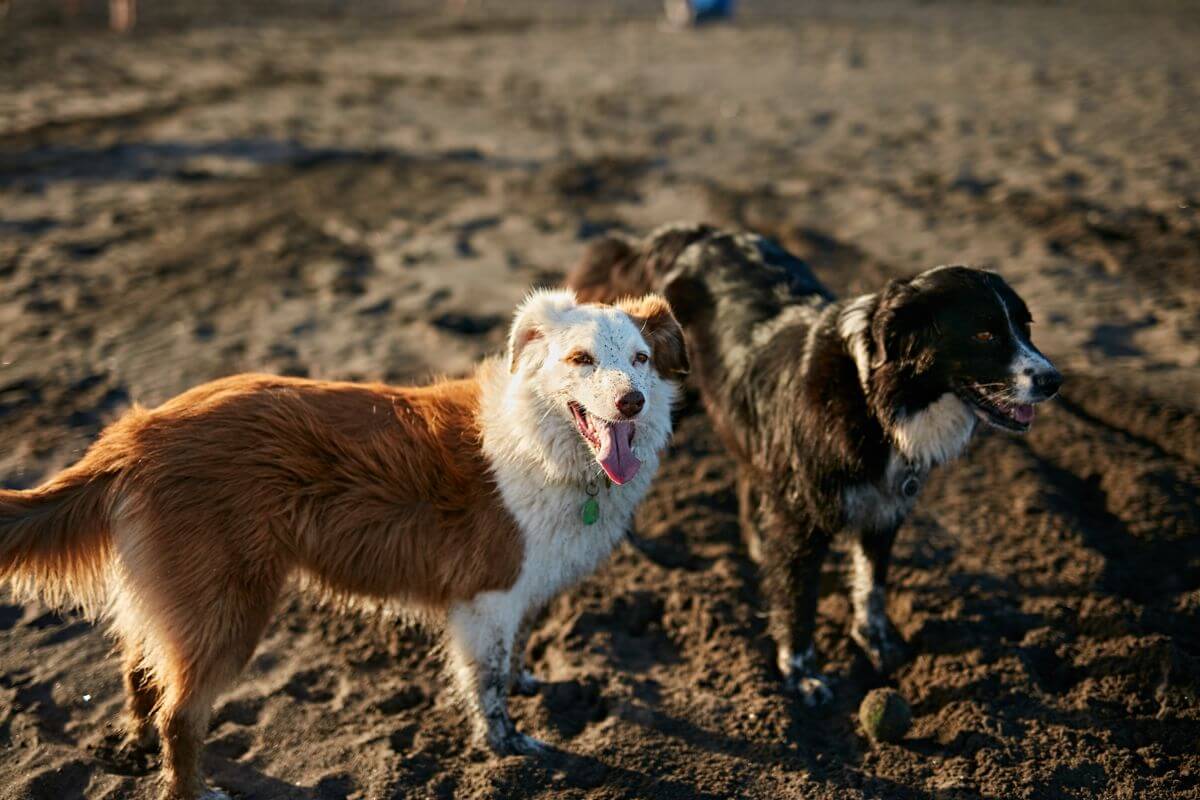Introducing a pet dog into your family can be a source of limitless joy and excitement. However, it also comes with the responsibility of choosing the right dog companion who can provide both fun and protection while being gentle and patient.
When selecting a dog for your family, it is important to consider their temperament, energy level, overall size, and compatibility with your children. Below, I list ten dogs well-suited for families with children of all ages, along with detailed descriptions, pros, cons, and other considerations.
1. Labrador Retriever

Labrador Retrievers have remained the traditionally most popular family dog breed. This is mainly due to their cheerful and friendly nature and keen intellect. Retrievers have a playful and energetic personality that matches perfectly with physically active children, especially children who enjoy outdoor activities such as exploring, hiking, or swimming.
Pros:
- Affectionate: Retrievers enjoy spending time with people and are generally very sociable.
- Intelligent: They learn commands quickly and can be trained easily for various complex tasks.
- Good with Kids: Labradors are patient and gentle around children, rarely showing signs of aggression or hierarchical dominance.
Cons: - High Energy Levels: Retrievers need plenty of exercise to stay happy and healthy. Lack of activity can lead to bothersome & destructive behaviors.
- Large Size: Due to their size, they require ample living space and can accidentally knock over household items and small children.
- Food-Oriented: They beg for food, which can be challenging during family mealtimes.
2. Golden Retriever

Like Labradors, Goldens are known for being patient and gentle with children. Their cheerful and even temperament makes them ideal for families, especially those who live in suburban areas where they can roam freely without causing trouble.
Pros:
- Friendly: Goldens are naturally friendly toward humans and other animals.
- Affectionate: They thrive on attention and interaction, making them great companions for children.
- Even Temperament: Their calm demeanor ensures that they remain patient and tolerant even during playtime.
Cons: - High Energy Levels: Similar to Labradors, Goldens need plenty of exercise; otherwise, they may become restless indoors.
- Large Size: Like other large breeds, Goldens require ample space both inside the house and outside in the yard.
- Food-Oriented: Their love for food can sometimes lead to begging at mealtimes.
3. Beagle

Beagles are known for their curiosity and keen sense of smell, making them excellent hunting dogs. However, their friendly and playful nature makes them wonderful pets for families with children who enjoy outdoor adventures such as walking in the park or exploring nature trails.
Pros:
- Curious: Beagles love to explore and engage in various activities.
- Playful: They have a lot of energy and are always ready for fun and games.
- Friendly: Beagles get along well with adults and children, creating a harmonious family environment.
Cons: - Barking: Their natural tendency to bark can sometimes be overwhelming. It’s essential to teach them proper vocalization techniques early on.
- Destructive Behavior: Unexercised energy might lead to chewing or digging as they look for ways to burn off their excess energy.
- Sensitive: Beagles are sensitive to loud noises and sudden changes, which can make them nervous around unexpected situations.
4. Bulldog
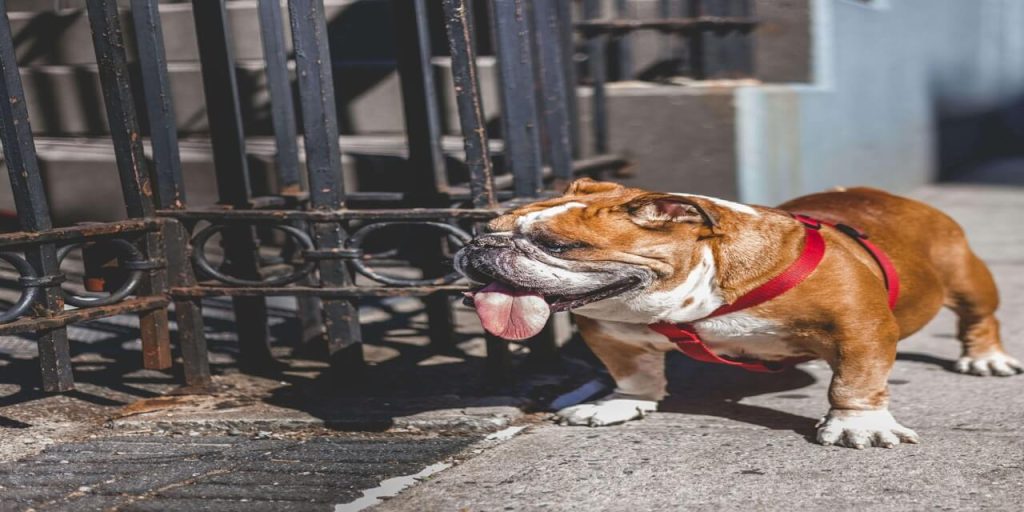
Bulldogs may not seem like the most active breed due to their compact stature, but they still have plenty of character that makes them suitable for families with kids. They are known for being gentle and affectionate towards children while also being good watchdogs. Many people also find them cute and cuddly, making it hard for them to resist embracing/hugging.
Pros:
- Affectionate: Bulldogs form strong bonds with their owners and enjoy spending quality time together.
- Patient: Their calm demeanor means they can tolerate the roughhousing that often accompanies childhood play.
- Protective: Bulldogs are known for their protective instincts towards their families despite their size.
Cons: - Respiratory Issues: Bulldogs suffer from respiratory problems due to their flat faces. They need a cooler environment and regular vet checkups.
- Barking: While they may not bark as much as other breeds, they have a deep-throated voice that can intimidate young children.
- Stubborn: Bulldogs can sometimes be stubborn regarding training or changing routines.
5. Miniature Schnauzer
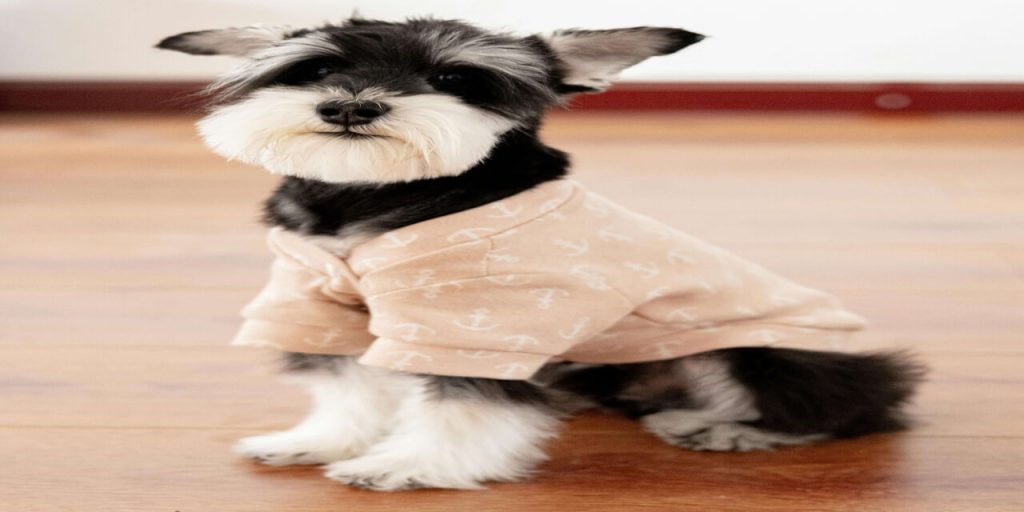
Miniature Schnauzers are energetic and intelligent dogs who make great companions for families with kids. They are also known for being hypoallergenic, which makes them a good choice for those with allergies or sensitivities in the household.
Pros:
- Intelligent: These dogs are quick learners and can be trained easily.
- Affectionate: Miniature Schnauzers enjoy spending time with their families and bond well with children.
- Hypoallergenic: Ideal for families where pet allergies must be considered.
Cons: - Active: While not as large as other breeds, they still have high energy levels that require regular exercise to prevent restlessness indoors.
- Prone to Skin Problems: Like many hypoallergenic breeds, Miniature Schnauzers can suffer from skin conditions if not properly groomed and cared for.
- Protective: Although their bark is fierce, miniature schnauzers are generally friendly but sometimes overprotective of their family members.
6. Pug

Pugs are known for their small size and cute appearance, which make them popular pets among families with children. Their gentle nature makes them ideal companions in the home setting, where they can be cherished as part of the family unit.
Pros:
- Affectionate: Pugs love to cuddle and stay close to their owners.
- Patient: Their calm demeanor ensures they remain patient even during energetic playtimes with kids.
- Easy to Groom: Due to their short coats, pugs are relatively low-maintenance when grooming.
Cons: - Respiratory Issues: Similar to bulldogs, pugs suffer from respiratory problems due to flat faces. They need a cooler environment and regular veterinary checkups.
- Sensitive: Pugs can be sensitive to sudden changes or loud noises, which can make them nervous in unexpected situations.
- Limited Mobility: Their small size means they cannot run as fast as other breeds but are still affectionate enough to keep children entertained.
7. Border Collie

Border Collies are brilliant working dogs bred for herding livestock, which makes them perfect for families that enjoy activities such as agility training or simply spending time outside together. However, their high energy levels and need for mental stimulation can be challenging for some parents who aren’t ready to invest the necessary time in exercise.
Pros:
- Intelligent: These dogs are highly trainable and excel in obedience classes.
- Highly Active: Border Collies thrive on physical activity and enjoy playing games that challenge their minds and bodies.
- Protective: They have strong protective instincts towards their families, making them good watchdogs.
Cons: - High Energy Levels: These dogs need significant exercise daily to stay happy and healthy. Without proper stimulation, they can become destructive.
- Not Suitable for All Families: Their high energy levels require time commitments that may not be suitable for all households.
- Prone to Health Issues: Border Collies, due to their active lifestyle, are prone to specific health problems, such as hip dysplasia.
8. Boxer
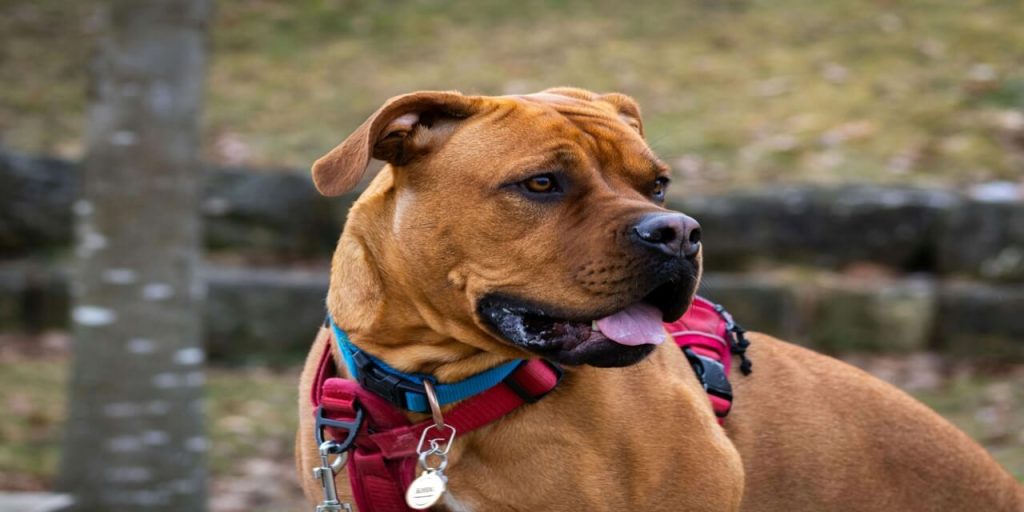
Boxers’ friendly and gentle nature makes them an excellent choice for families with children. They enjoy playing games and are always ready for some fun and excitement. However, their strong build means they require ample space inside and outside the yard to run around comfortably.
Pros:
- Affectionate: Boxers love spending time with their owners and family.
- Gentle-natured: They get along well with children and are patient during playtime, making them excellent pets for families.
- Easy to Train: These dogs respond well to positive reinforcement training methods.
Cons: - High Energy Levels: Boxers need a lot of exercise daily; otherwise, they may become restless indoors or engage in destructive behavior.
- Large Size: They require ample space inside and outside the yard for them to run around comfortably.
- Food-Oriented: Like other large breeds, boxers are prone to begging at mealtimes due to their friendly nature.
9. Dachshund

Dachshunds, often known as “hot dogs,” are small yet muscular dogs with a reputation for being devoted and loyal companions. They can be great pets for families with kids who enjoy indoor games or outdoor adventures in the park.
Pros:
- Affectionate: Dachshunds love spending time with their owners and family.
- Patient: Their gentle nature ensures they remain patient even during roughhousing, often accompanying childhood playtime.
- Versatile: They are versatile dogs who can handle both indoor and outdoor activities well.
Cons: - Small Size: While cute, dachshunds’ small size means they may not be suitable for very young children as their legs are fragile.
- Health Concerns: Due to their body structure, Dachshunds suffer from back problems like many short-legged breeds. It’s important to monitor their weight and ensure a healthy diet.
10. Siberian Husky
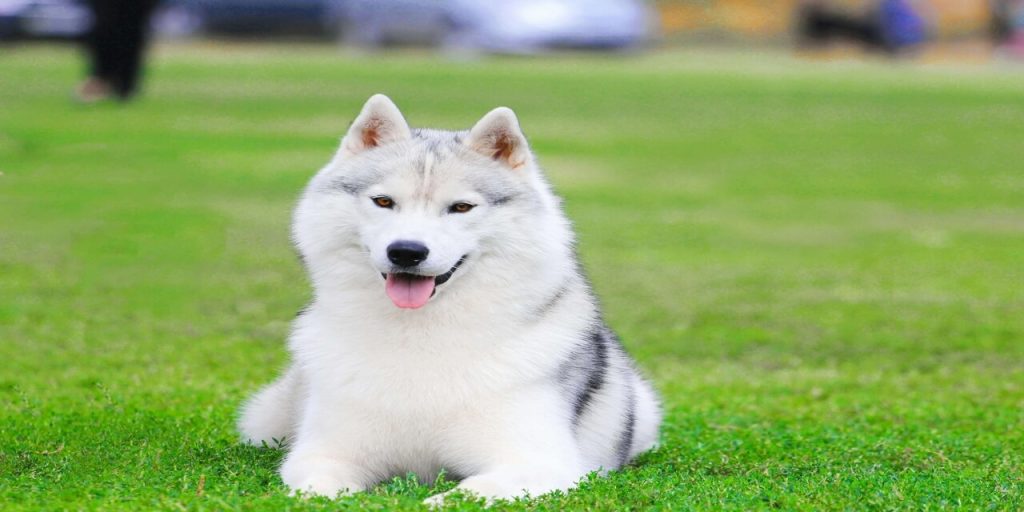
Siberian Huskies have an independent streak that can make them challenging for some families. However, this could be the perfect choice if you’re looking for a dog that will keep your children entertained with its lively nature. Their energy levels are high, so they need plenty of indoor and outdoor exercise. They are also loving and patient with children, as well as loyal and protective of them.
Pros:
- High Energy Levels: Siberian Huskies have an abundance of energy, which can provide endless hours of fun for kids.
- Intelligent: These dogs are highly trainable and excel in obedience classes.
- Protective: They have strong protective instincts towards their families, making them good watchdogs.
Cons: - Independent Nature: Siberian Huskies tend to be independent thinkers, which means they may not always follow commands as expected. Parents need to establish clear rules early on.
- High Energy Levels: These dogs need a lot of exercise daily; otherwise, they can become restless indoors or engage in destructive behavior.
- Shedding & Grooming: Their hair sheds a lot and can get all over the house. If not properly groomed, it can become a nuisance to both them and your family.
Conclusion
Choosing an ideal breed is foundational and is one of the most important decisions when adding a dog to your family. While every child and family dynamic is unique, these top ten breeds offer a range of options that should suit any family’s needs.
From playful Labradors and Golden Retrievers to loyal Bulldogs and protective Border Collies, each breed brings characteristics that can complement or even enhance your family lifestyle. By considering their temperament, energy level, size, and compatibility with children, you can find the perfect match for your family’s living conditions & lifestyle.
No matter the breed you choose, owning a dog is a serious long-term commitment. Any pet needs proper care, training, exercise, and affection. But the rewards of having a loyal companion who loves you unconditionally are truly invaluable. With these ten breeds in mind, you will find the perfect addition to your family’s heart!
